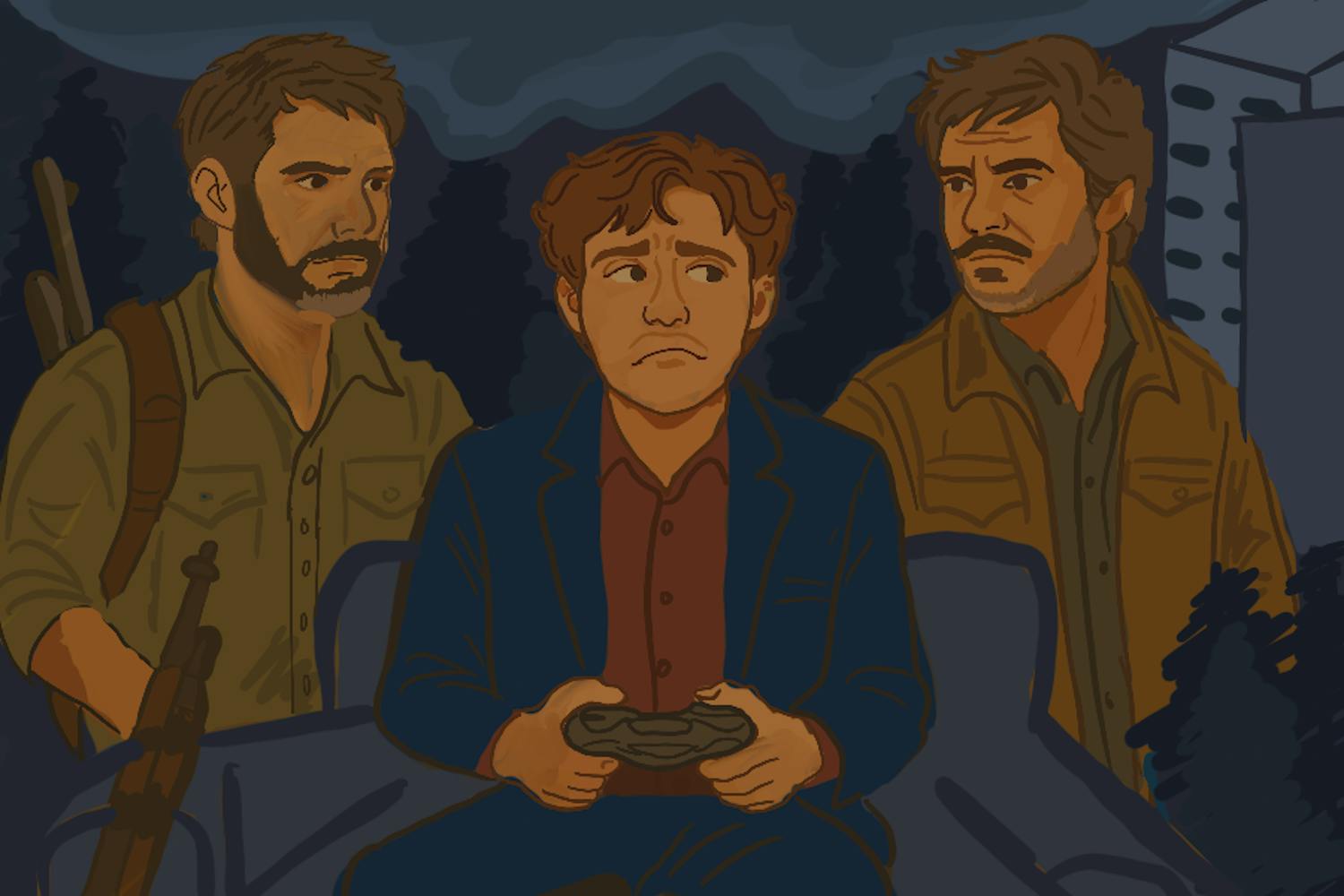While Anderson is far from American cinema's only living auteur, it is not far-fetched to propose that he is its most distinct. As a recent Saturday Night Live sketch made apparent, everything from Anderson's camera movements to the pastel colors that drown his sets are immediately recognizable and impossible to imitate, though few have tried.
Books have been written detailing the size and scope of the uniqueness of Wes Anderson's oeuvre, but if one had to be cripplingly reductive, the stories he tells and the cinematic language used to tell them relate to the sensory overloading nature of nostalgia. Other than perhaps Quentin Tarantino, few contemporary filmmakers have the strong tendency to wear so many inspirations on their sleeve simultaneously than Anderson. From the works of Francois Truffaut to episodes of "Magnum P.I.," there is nothing Wes Anderson will not draw from for his notoriously stimulative storytelling aesthetic.
Now having made eight films, Wes Anderson's films have only become more distinctive with time. While even his debut, the somewhat underrated 1996 film "Bottle Rocket," is unmistakably in tune with his sensibilities, it seems restrained in comparison to its successors. In the almost 20 years since he and now-moviestar Owen Wilson wrote "Bottle Rocket," Anderson has churned out several fantastic films including the coming-of-age classic "Rushmore" and the uproariously funny "The Life Aquatic with Steve Zissou." Each film has been more ambitious than the last: bigger ensemble casts, more exotic locales and larger narrative stakes.
With "The Grand Budapest Hotel," Wes Anderson's aspirations have approached critical mass. Even the word "grand" does not seem like an adequate description of the extremely intricate yet obviously gargantuan production on display here. Display, however, is indeed the correct word, as the film mimics the aesthetics of a diorama. The human actors move in three dimensions on what appears to be a two-dimensional plane that is sometimes depicted using actual paper cutouts when the shooting location just will not do.
It is a fruitless endeavor to try and describe the plot of "The Grand Budapest Hotel," a story that spans three generations and 50 years at the film's titular resort. Curiously, it is located not in Hungary, but in a fictional European former empire called Zubrowka, allowing Anderson to play fast and loose with geography and history. The bulk of the film, taking place pre-World War II, tells the story of a lobby boy named Zero (Tony Revolori) who is taken under the wing of head concierge Gustave H. Franke (a scene-stealing Ralph Fiennes) just before he is framed for the murder of one of his many geriatric lovers.
Taking significantly less screen time is the framing device of the story, in which an author (Jude Law) is having dinner with a much older Zero (F. Murray Abraham), who now owns the hotel that appears to be falling apart. This story also exists in a framing device that takes place even later, with the author (now Tom Wilkinson) talking about how he came to write a book based on Zero and the hotel.
If this in any way sounds unruly, also consider that just shy of Gwyneth Paltrow, almost every past Wes Anderson collaborator has a presence in the film, if only for mere moments. The most notable of these supporting performances are those of Willem Dafoe and Adrien Brody, who give the film a hysterical darkness that has been missing from the villainous turns in previous Anderson films.
For a filmmaker who has become accustomed to creating extravagant worlds inhabited by large casts, "The Grand Budapest Hotel" almost feels like too much. There is so much sensory information to take in; every background detail is too delicately crafted to ignore, yet the quick-witted dialogue waits for nobody. The film is oppressive, but perhaps that is the point.
Those who dabble in film criticism are often quick to dismiss stylistic flair in a film, especially if it seems like a filmmaker is eager to please. It is unsurprising that Anderson is often one of the first names to come up when considering the idea of style taking precedent over substance, which has a perceived negative connotation. Many have theorized that "The Grand Budapest Hotel" is Anderson's proverbial middle finger to his critics and is a movie about Wes Anderson movies. If this is the case, it would not be unchartered territory. The same speculation was applied to Christopher Nolan's similarly layered "Inception" just a few years ago.
It is more likely that "The Grand Budapest Hotel" is evidence that Wes Anderson is walking in the footsteps of fellow nostalgia reveler Quentin Tarantino than the more icy and calculated Nolan. Tarantino, also eight feature films into his career, began taking his films out of (presumably) present day with his seventh film, 2009's "Inglourious Basterds" and then even further back with the recent "Django Unchained."
With "Moonrise Kingdom" and now "The Grand Budapest Hotel," Anderson is following the same trajectory, and his style of filmmaking has adjusted accordingly. As it is set primarily in 1930s Europe, fascism looms over everything, making the events of the film seem all the more ridiculous yet infusing the story with much needed poignancy. There is a reason why this is the first Wes Anderson movie where his style is no longer charming as much as it is haunting. Film is a visual medium and Wes Anderson has proven he does not take that for granted.
"The Grand Budapest Hotel" is now playing at the Harkins Camelview 5.
Reach the reporter at zheltzel@asu.edu or follow him on Twitter @zachheltzel



